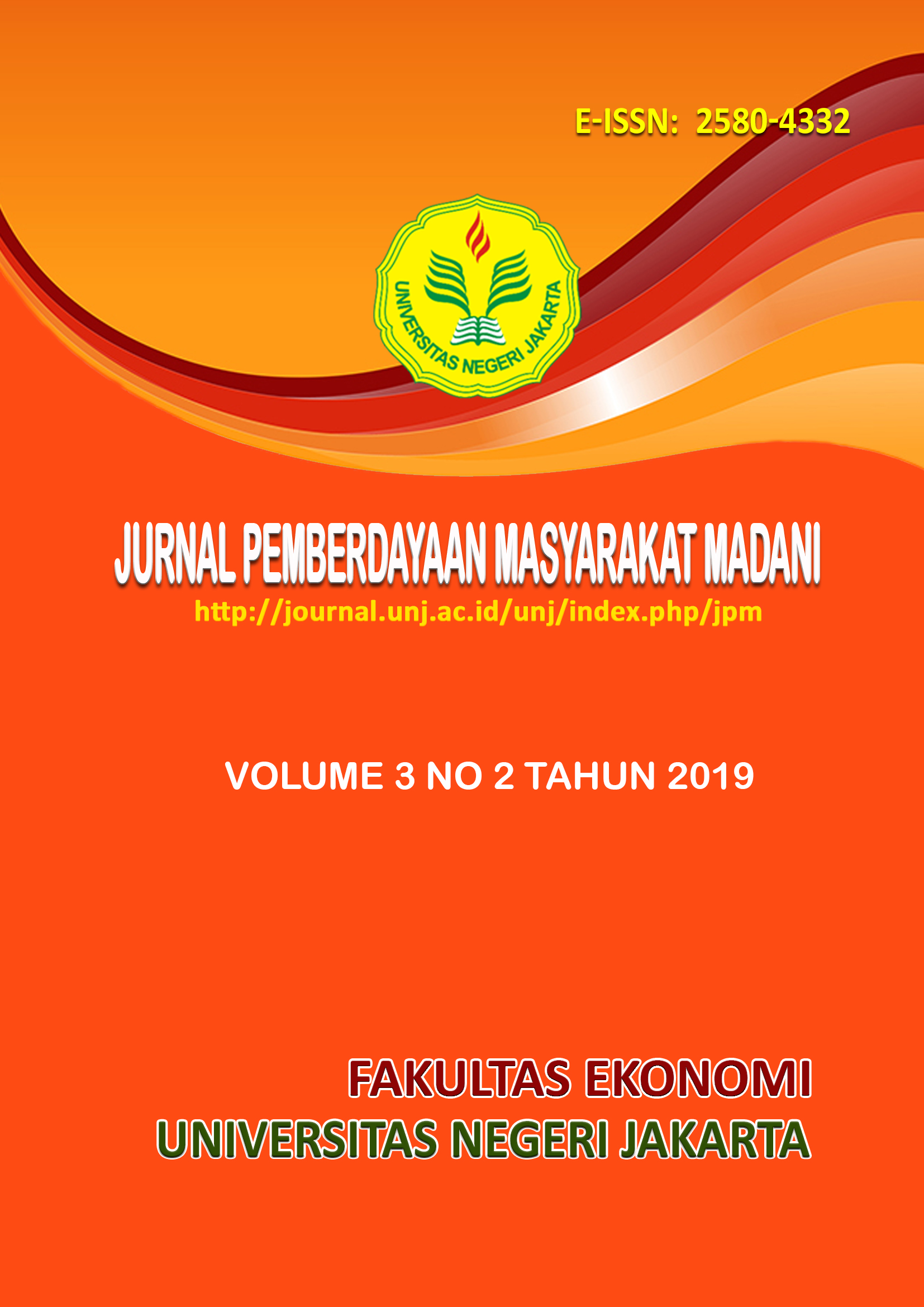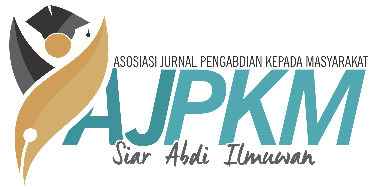Pelatihan Penyusunan Perangkat Pembelajaran Berbasis Kurikulum 2013 Bagi Guru SMK Program Keahlian Akuntansi di Kabupaten Bangkalan
Abstract
The demands of the 2013 curriculum require the quality of learning that can make the attitude of students creative, independent, cooperative, solidarity, leadership, empathy, tolerance and life skills in order to shape character and enhance the nation's civilization and dignity. Therefore, teachers need to improve the quality of learning by preparing learning devices before learning begins in class. The teacher is expected to be able to arrange learning tools according to the goals to be achieved after the teaching and learning process. Therefore, in this community service, the PKM team conducted training in the 2013 curriculum learning tools for Accounting Vocational Teachers with 24 sample participants from the Bangkalan City Accounting MGMP teacher. This PKM result shows that (1). the implementation of the 2013 curriculum-based learning device preparation training for vocational school teachers in the accounting expertise program in Bangkalan Regency went well. (2). The implementation of the 2013 curriculum-based learning tool preparation for vocational school teachers in the accounting expertise program in Bangkalan Regency was in a good category. This is evidenced by the teacher's response to the training of learning devices is very positive with the many who provide good and very good ratings. (3). The achievement of the results of the implementation of the 2013 curriculum-based learning device development training for vocational teachers in the accounting expertise program in Bangkalan Regency is good. There was an increase in the ability of teachers to make 2013 curriculum learning tools.

This work is licensed under a Creative Commons Attribution-NonCommercial-ShareAlike 4.0 International License.

















